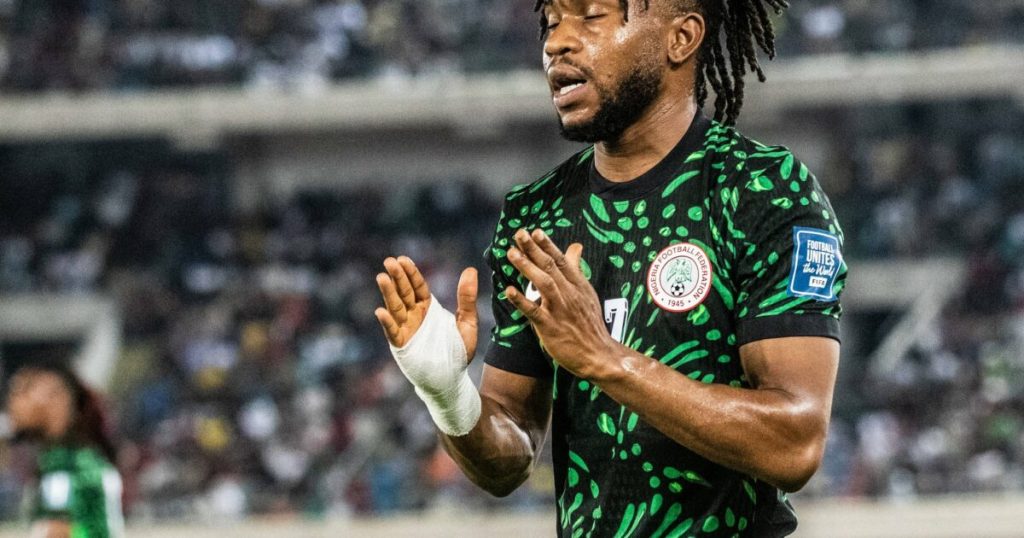Ademola Lookman, the Nigerian international forward currently playing for Atalanta, has publicly expressed his desire to leave the club, citing broken promises and what he perceives as poor treatment. This development has garnered significant attention and support, particularly from the Nigerian national football team, the Super Eagles, who publicly declared their solidarity with Lookman. This situation underscores the complex dynamics between players, clubs, and national teams, raising questions about player welfare, contractual obligations, and the role of public pressure in transfer negotiations. The situation also highlights the potential impact of social media in amplifying player grievances and shaping public perception.
Lookman’s statement, released on his social media platforms, detailed his frustration with Atalanta. He explained that he and the club ownership had previously agreed that a summer transfer would be mutually beneficial. However, despite receiving an offer that aligned with prior discussions, the club is now obstructing his move for reasons he finds inexplicable. This abrupt shift in stance has left Lookman feeling betrayed and undervalued, both professionally and personally. His decision to make his grievances public indicates a breakdown in communication and trust between the player and the club, signaling a likely irreparable rift.
The Super Eagles’ public support for Lookman adds another layer of complexity to this situation. Their declaration of solidarity not only demonstrates their support for a key player but also potentially adds pressure on Atalanta to reconsider its position. This intervention by a national team highlights the growing influence of these entities in player career management, demonstrating a willingness to advocate for their players’ interests beyond the confines of international competitions. It also reflects the importance of player morale and well-being for national team success.
Lookman’s preferred destination is reportedly Inter Milan, a prominent Serie A club. However, the details of Inter’s offer and Atalanta’s specific objections remain undisclosed. This lack of transparency further fuels speculation and adds to the drama surrounding the situation. It’s possible that the offer from Inter Milan doesn’t meet Atalanta’s valuation of the player, or that there are other contractual complexities preventing the transfer. Without further information from the involved parties, the exact nature of the impasse remains unclear.
The public nature of this dispute puts both Atalanta and Inter Milan under scrutiny. Atalanta faces criticism for its handling of the situation, particularly its perceived disregard for Lookman’s wishes and its apparent breach of a prior agreement. This negative publicity could damage the club’s reputation and potentially affect its relationships with other players. Meanwhile, Inter Milan’s involvement, although seemingly passive, places them in a delicate position. While they may benefit from acquiring a talented player, they must also navigate the complexities of a potentially acrimonious transfer negotiation.
The ultimate outcome of this saga remains uncertain. Lookman’s public stand, coupled with the support of the Super Eagles, puts significant pressure on Atalanta. Whether the club will relent and allow the transfer remains to be seen. The situation could escalate further, potentially involving legal action or mediation. Regardless of the outcome, this incident highlights the increasing power of players to control their careers and the growing importance of transparency and communication in player-club relationships. It also underscores the potential influence of national teams in advocating for their players’ interests and the growing impact of social media in shaping public perception of such disputes.


